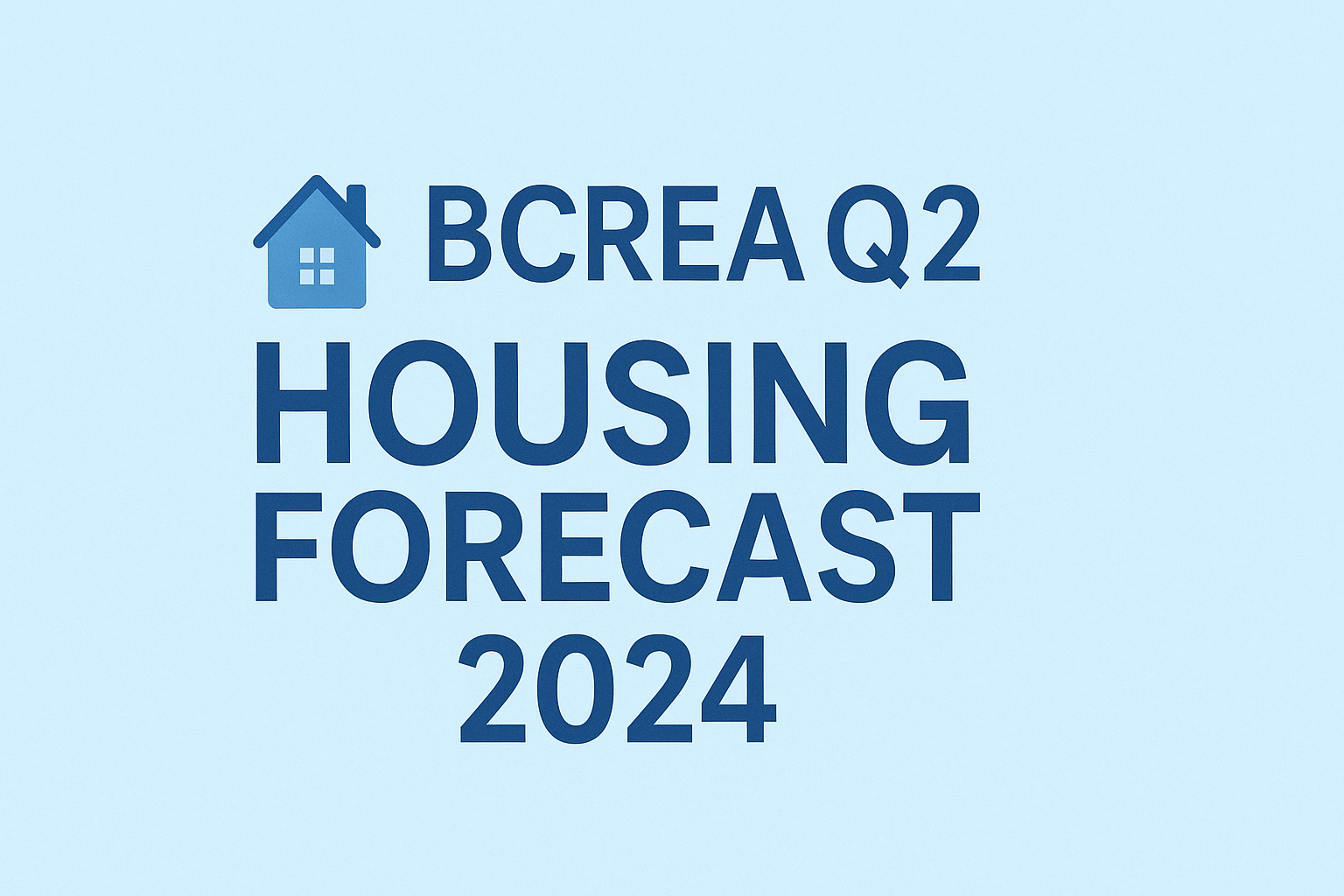The Canadian housing market continues its subdued trajectory, with the Canadian Real Estate Association (CREA) reporting a 9.8% drop in national home sales in April 2025 compared to the same month last year. Just 44,300 properties changed hands, down from 49,135 in April 2024.
The slowdown reflects a market that’s returned to the “quiet” conditions seen since 2022. CREA Senior Economist Shaun Cathcart attributes the hesitation to economic uncertainty and trade-related concerns, similar to the impact high interest rates had in recent years.
“Given the increasing potential for a rough economic patch ahead, the risk going forward will be if an average number of people trying to sell their homes turns into a large number of people who have to sell their homes, and that’s something we have not seen in decades,” said Cathcart.
Supply is rising in B.C. and Ontario, but demand remains tepid. Across Canada, new listings fell 1% from March, though total active listings were up 14.3% year-over-year — still below the historical April average.
The national average home price in April was $679,866, down 3.9% from a year ago, and CREA’s Home Price Index showed a 1.2% decline from March.
Realtor Tim Hill added, “We’re seeing increased inventory with very stagnant demand… There’s been some hesitation out there and a lot of uncertainty.”
With CREA recently downgrading its 2025 forecast, TD’s Rishi Sondhi noted another “subdued month,” but pointed to a possible rebound later this year if confidence returns.
Source: https://stats.crea.ca/en-CA/

